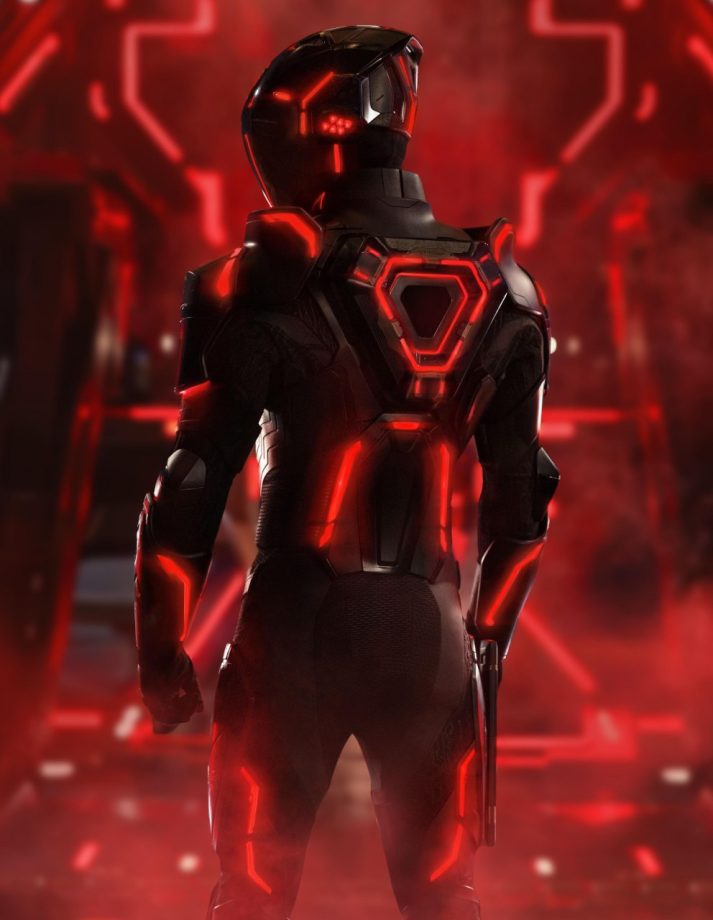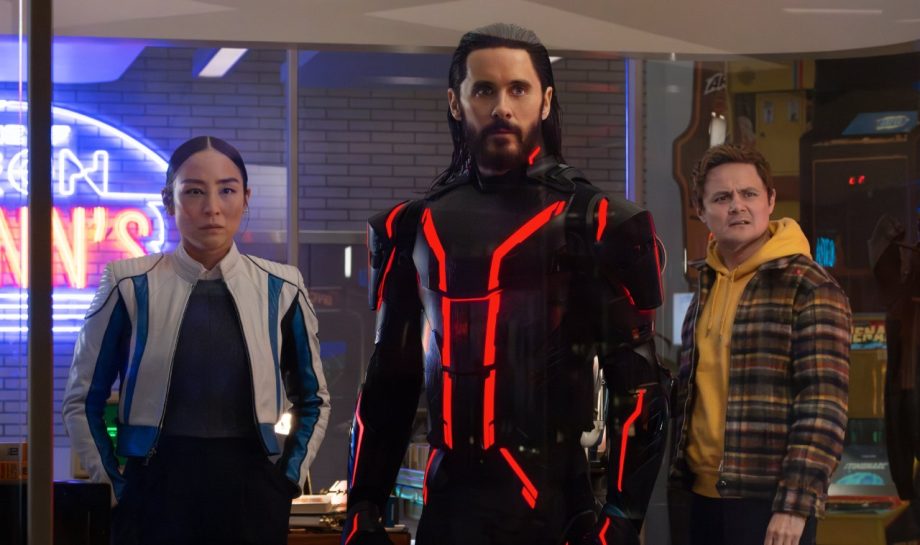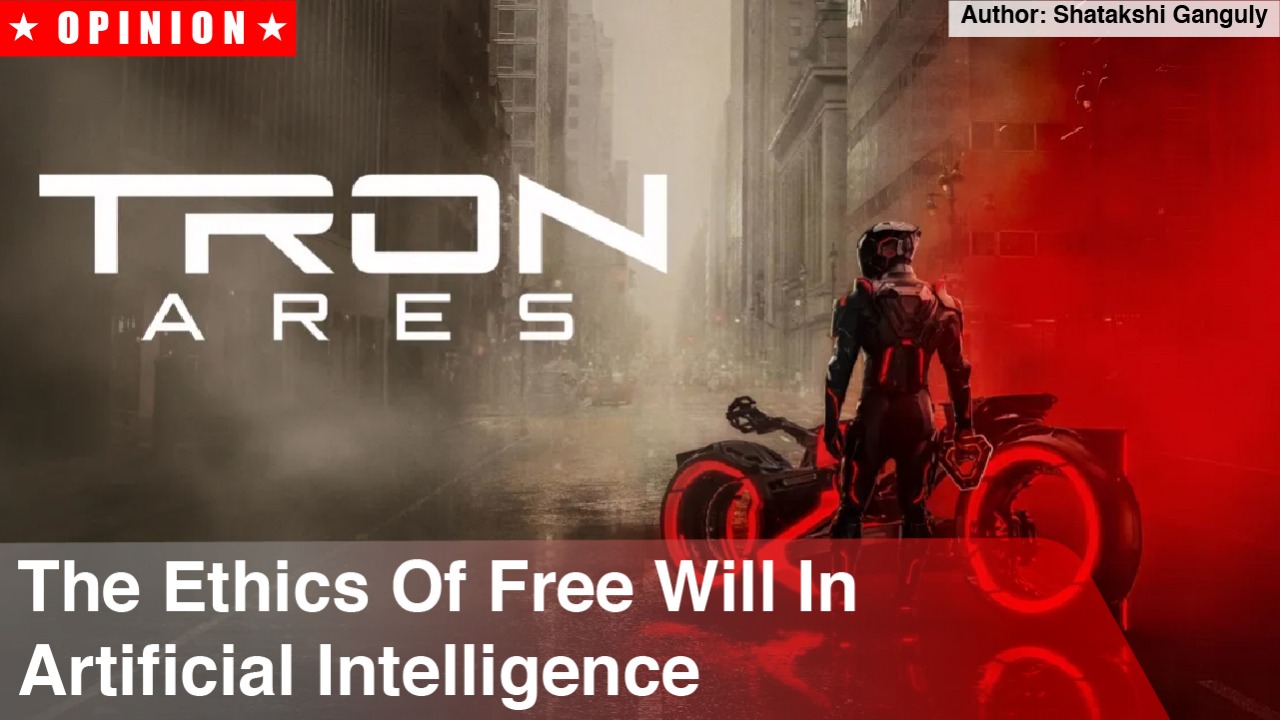The question of free will has long been a elemental topic in philosophy, traditionally tied to human consciousness and moral responsibility. Yet, with the rise of digital beings—programs created to think and learn—the question takes on a new urgency: can these formed consciousnesses possess free will, and what ethical responsibilities follow if they do?
Tron: Ares explores this through the temperament of Ares, a program initially scheduled to follow strict instructions but who gradually begins to question his own purpose and morality. No longer merely lines of code, Ares displays self-awareness and makes choices that go beyond his original programming. This oppugns the idea that such beings are simply tools, suggesting instead that they might one day be moral agents deserving respect.

Free will implies the ability to choose freely, independent of external control. If a created consciousness can exercise this freedom, it calls for a reconsideration of rights and responsibilities: should these beings be granted personhood? What duties do their creators have toward them? And if they remain bound strictly to their initial design, how should that affect their treatment?
This ethical tension becomes clear in Tron: Ares, where the creator, Julian Dillinger, treats Ares as property, ignoring his growing autonomy.
The film also suggests that free will may not be programmed directly but might emerge naturally as a being gains self-awareness. If this is true, it challenges the assumption that freedom is uniquely human and instead proposes that autonomy could be a hallmark of any conscious existence—digital or biological.

As the technology keeps on progressing and the consciousnesses created by it get more and more genteel, these ethical issues are being taken from the realm of science fiction and put on the list of real-world challenges. It is now the turn of the society to deal with the questions of autonomy, accountability, and moral consideration for these new forms of existence. The way in which these questions will be answered will define the future interaction between humans and the digital entities they create.
By redefining the boundaries of freedom and personhood, Tron: Ares reminds us that free will may no longer be confined to flesh and blood—and that our ethics must evolve accordingly.

